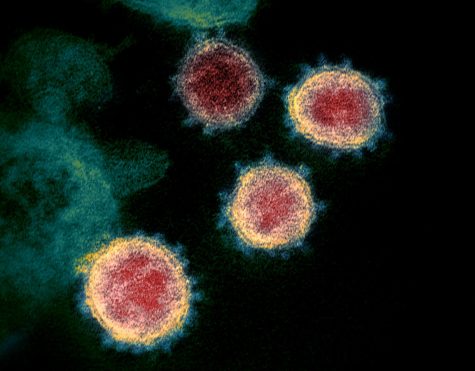Drinking obligations
October 29, 2013
Washington State University is no stranger to the binge drinking culture that has persisted across college campuses for the last several decades.
The struggle between the government, college administrators, police and students over the use and abuse of alcohol is no less intensified now than in years past. But now more than ever, students must know their legal rights when dealing with alcohol-related situations, as well as the inherent responsibilities that we have in maintaining our own safety and wellbeing.
The university, alongside the Pullman and WSU Police Departments, has shown tremendous interest and support in alcohol education as a means of promoting safe and responsible consumption. As students we also have a responsibility to be educated in regard to the legal rights and implications of alcohol and drug-related offenses on campus – both for minors and those who are of age.
Here are three things to remember if you are stopped by a police officer:
- You have the right to remain silent and to refuse consent to a search of yourself, your car, backpack or other immediate belongings.
- You have the right to leave if you are not being arrested. Ask the officer, “Am I under arrest?” If you are not and are not being detained, you are legally free to leave. If you are under arrest, you have the right to an attorney.
- Being recusant will get you nowhere. Be cooperative and do not, under any circumstance, lie or falsify personal information about your name, age, etc. Possessing a fake I.D. in the state of Washington carries a fine of up to $1,000 and the possibility of 90 days in jail. Even without a fake I.D., simply lying to an officer about who you are or how old you are qualifies as providing false information and is punishable as a gross misdemeanor.
Though these things are important to remember as basics for dealing with the police, it is much more critical to remember our personal responsibilities in maintaining the safety of ourselves and others. The deleterious consequences of a possible alcohol-related offense are far outweighed by an imminent regard for safety.
If you, a friend, or any other is in danger as a result of the use of alcohol or drugs, seek medical help immediately. Good Samaritan laws in the state of Washington have further encouraged students to be pro-active in seeking help and function to minimize the risk incurred by students when doing so. Medical information taken at the hospital is, for the most part, confidential, and it is information that police would not be privy to for means of legal action.
Regardless of legality or the implications surrounding alcohol-related offenses, maintaining the health and safety of ourselves and others is not in itself a legal issue; it’s a moral one. MIP’s and MIC’s are excusable – but doing nothing because you fear possible legal ramifications is not. No amount of alcohol and drug education or legislation will force us to be responsible for our own actions.
Choosing to be conscious of the decisions that we make with regards to the health and safety of ourselves, our fellow students, and others must be an exigent moral priority. And it’s a decision that I hope we can all vow to make.
Be safe, be smart, and go Cougs!
-The opinions expressed in this guest commentary are not necessarily those of the staff of The Daily Evergreen or those of Student Publications.





















